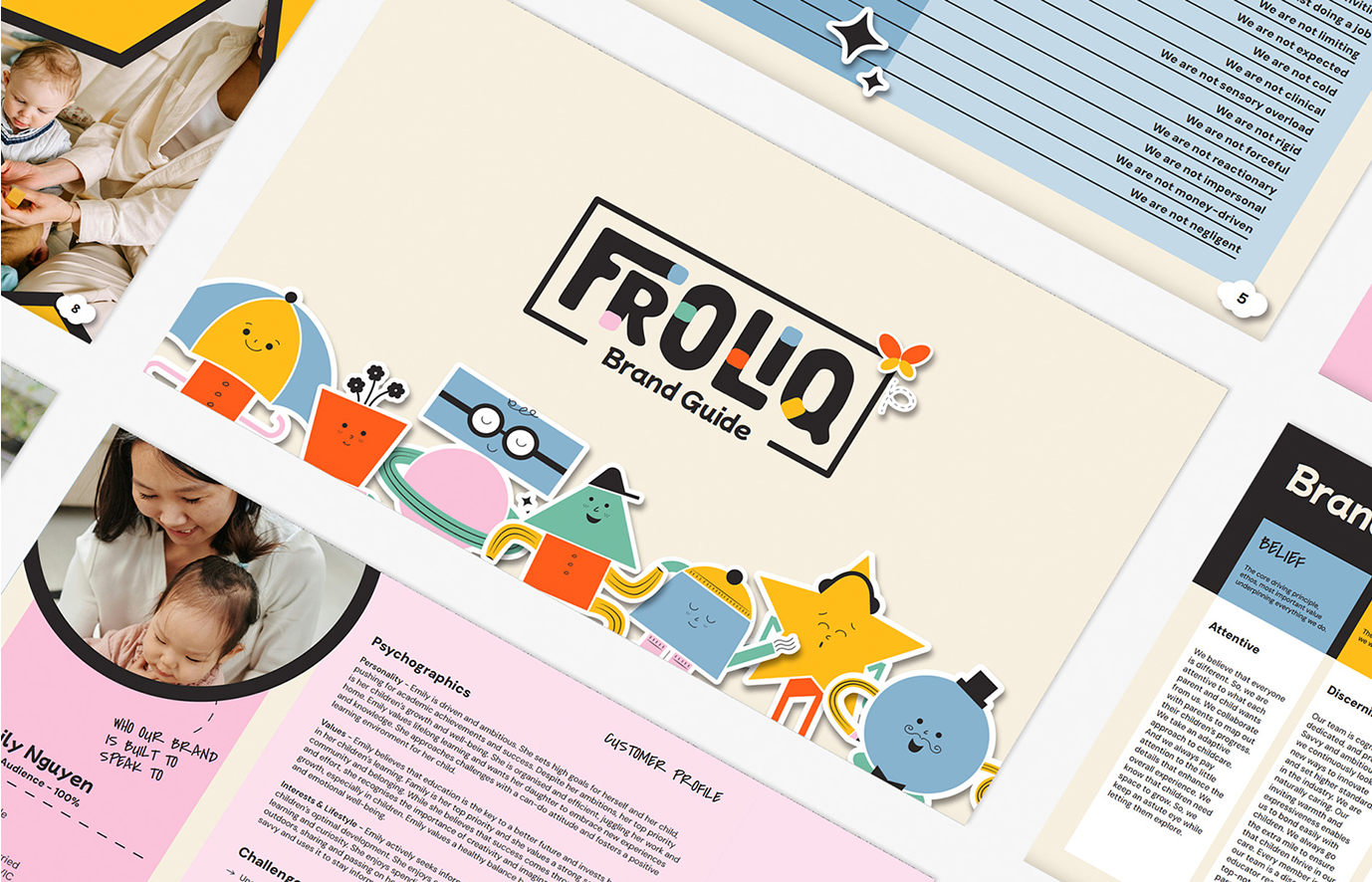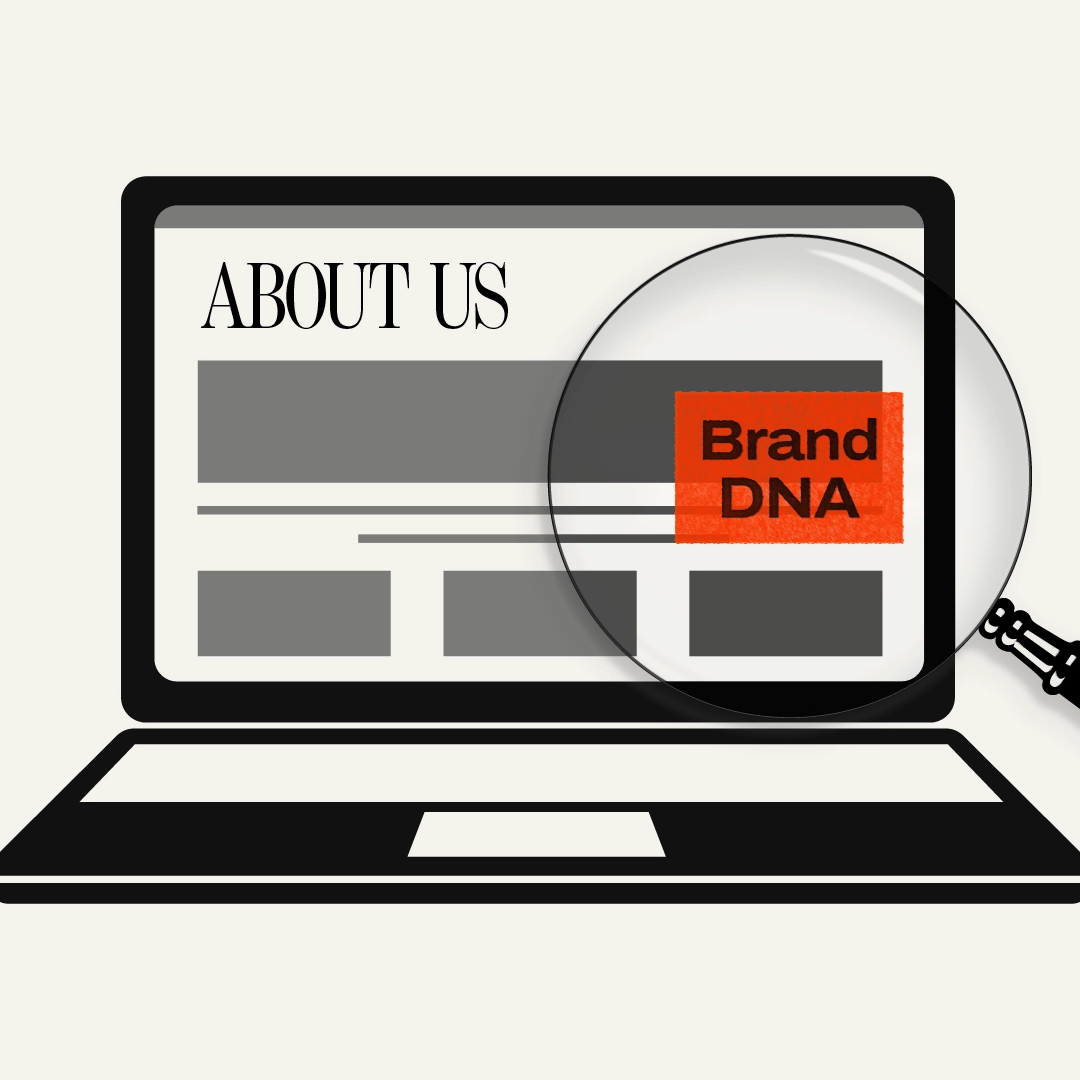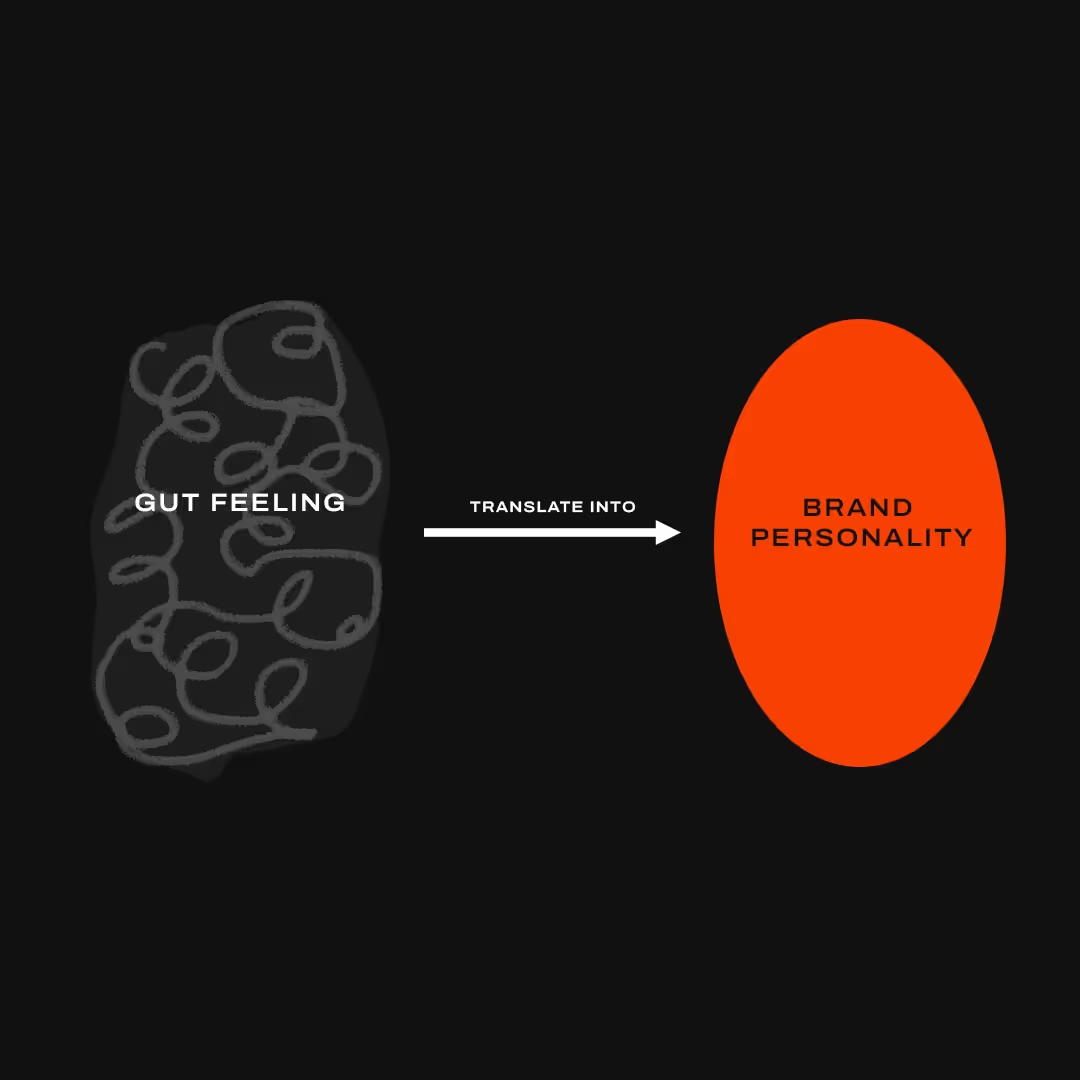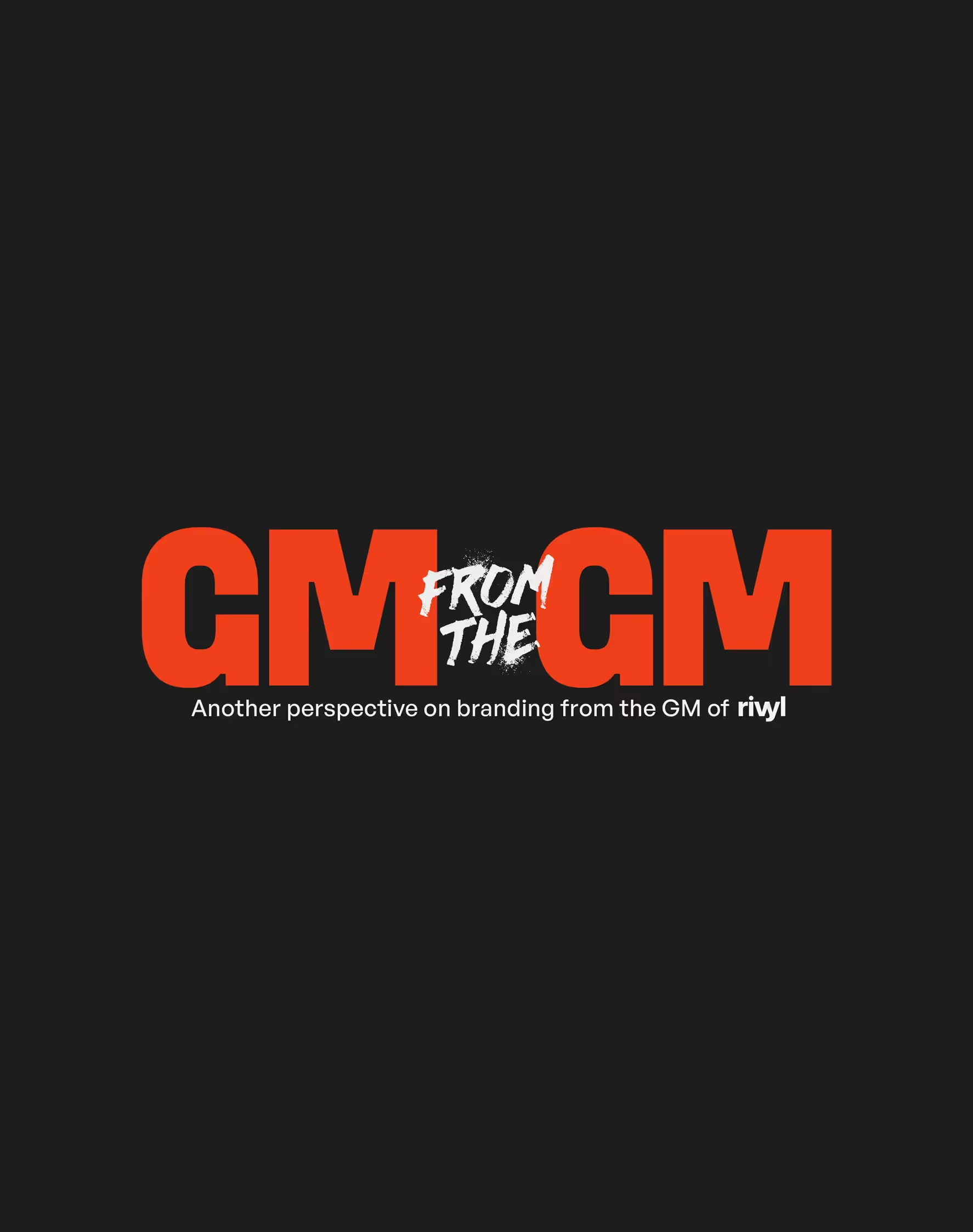Turning Data into Strategy: The Role of Market Research
Explore how market research transforms data into strategy, offering insights about customers and competitors for smarter decision-making.


Market research plays a crucial role in business strategy by analysing consumer data to guide decision-making. It provides insights into customer behaviors and preferences, helping businesses shape product development and marketing strategies to minimise risk and find hidden opportunities.
What is market research?
Market research analyses consumer data to guide business decisions. It uses surveys, focus groups, and existing sources to grasp customer traits and behaviors, shaping product development and marketing strategies, and aiming to minimise risk.
Delve into market research, exploring its history, key approaches, and top methods. Discover how surveys, interviews, and observational research offer valuable insights to understand your audience and gain a competitive edge. Explore the potential of data-driven precision for success in the digital age. Read on to unlock the power of market research in turning data into strategy.
Market research is gathering and analysing data about a specific market, its consumers, and its competitors. It provides businesses with insights and a deeper understanding of industry dynamics and trends. Just like a Sherlock Holmes of the business world, market research helps us find the answers to burning questions like:
- Who are our potential customers?
- What are their needs and desires?
- How do we stack up against our rivals?
- Where are the hidden opportunities?
Market research offers a panoramic view of the market landscape, enabling you to make informed decisions backed by real-world insights. Whether launching a new product, targeting a different audience, or expanding your business, market research steers you away from costly mistakes, helping you navigate toward success.
Picture yourself in a bustling marketplace surrounded by hordes of potential customers. How do you select the most promising prospects amidst the chaos?
With market research, you can identify your target audience, understand their needs, and tailor your products or services to meet their desires. You seize a competitive edge by delivering what your customers truly want, creating a loyal customer base that propels your business to new heights.
Market research unveils emerging market trends, enabling you to anticipate shifts in consumer preferences and stay ahead of the curve. With this knowledge, you can innovate, adapt, and capitalise on opportunities others might overlook.
A Brief History of Market Research

Our journey takes us back to ancient times when wise merchants wandered bustling bazaars, seeking insights from their customers. These astute traders knew that understanding their market, the needs, and the preferences of their patrons held the key to success. Call it an early form of market research - an intuitive understanding that drives businesses even today.
Fast forward to the 19th century, when America experienced a wave of industrialization and witnessed the birth of modern market research. The seed of systematic market research was planted by early pioneers like Arthur Nielsen Sr., whose focus on consumer behavior and purchasing patterns paved the way for the discipline we know today.
As the 20th century dawned, market research transformed, embracing more systematic methods and approaches. Surveys, questionnaires, and focus groups became standard practice, providing businesses with quantifiable data and deeper consumer insights.
In the 1930s, George Gallup revolutionized the field with his Gallup Polls, using statistically valid sampling techniques to predict election outcomes. This landmark development elevated market research from mere intuition to a scientific endeavor, guiding decision-making with data-driven precision.
Over the decades, market research continued to evolve, incorporating new methodologies and innovative techniques. The rise of technology opened doors to online surveys, extensive data analysis, and sophisticated data mining, empowering businesses to uncover trends, preferences, and emerging opportunities with unprecedented accuracy.
As the digital age progressed, the traditional boundaries of market research crumbled, giving way to a whole new world of possibilities. Online platforms and social media offered a treasure trove of consumer data waiting to be mined.
In recent times, advanced analytics and machine learning algorithms have revolutionized the field. With the ability to process vast amounts of data in real-time, businesses can gain deeper insights into consumer behavior, preferences, and sentiment. Technology has become an indispensable tool for companies seeking a competitive edge by uncovering hidden patterns and trends.
Key Approaches: Primary and Secondary Market Research

Primary research is like conducting your investigation. It involves gathering information directly from the source, whether it's your target audience, industry experts, or even testing your product or service in real-life scenarios. It's like being a detective, collecting evidence firsthand. Primary research allows you to interact directly with your target audience, asking questions, observing behaviors, and gaining unique insights. It provides you with firsthand information and data specific to your research objectives. A great example of primary research is conducting focus groups and interviews to understand consumer preferences for a new product.
Secondary research is analyzing data and resources that others have already collected. Think of it as looking into the archives, exploring reports, articles, and studies to uncover valuable insights. Secondary research, on the other hand, saves you time and effort by leveraging existing information. It allows you to tap into a wealth of knowledge from various sources – market reports, industry publications, government statistics, and academic studies. You become a sponge, absorbing the experiences and findings of others, for instance, analyzing sales data from different regions to identify market trends and patterns.
Top Market Research Methods and Techniques

Surveys: Casting a wide net
Surveys are a research method used to gather information and opinions from a targeted group of individuals. They typically involve asking a series of questions structured in a standardized format, which respondents can answer verbally or in writing. Surveys are widely used in market research, social sciences, and other fields to collect data on various topics such as preferences, opinions, attitudes, behaviors, or demographics. Surveys allow us to tap into the collective wisdom of the masses. They can be conducted through online platforms, phone interviews, or face-to-face interactions. Surveys provide valuable insights into customers' needs, preferences, and satisfaction levels.
Pros:
- Surveys allow for data collection from many respondents, ensuring a diverse sample size.
- They can be cost-effective, mainly when conducted online.
Cons:
- Respondents might not give accurate or genuine answers, as they may feel pressured or respond without giving much thought.
- Surveys often rely heavily on self-reported data, which can be subjective and biased.
For example, a snack food company is launching a new line of chips. They want to understand their target audience's flavor preferences and purchasing patterns. They distribute an online survey to consumers across various age groups and demographics to gather this information.
We are a team of branding experts who will help you craft the best plan of attack for your business.

Interviews: Unmasking the Deepest Desires

In the context of market research, interviews are a qualitative research method. They involve a conversation between a researcher (interviewer) and a participant (interviewee) to gather data and insights. The purpose of interviews in market research is to obtain detailed information, opinions, and perspectives from individuals within a target population. Interviews, whether in person or over the phone, allow researchers to engage deeply with respondents and explore their motivations, opinions, and experiences. We can reveal valuable qualitative insights that surveys alone might miss by conducting interviews.
Pros:
- Interviews provide a chance to probe and ask follow-up questions, ensuring a deeper understanding of respondents' perspectives.
- Researchers can build rapport with participants, leading to a more relaxed and open exchange of information.
Cons:
- Interviews can be time-consuming and expensive, mainly when conducted in person.
- Bias might be introduced if the interviewer unintentionally guides the conversation in a particular direction.
Say a cosmetics company that wants to develop a new line of skincare products. They conduct in-depth interviews with skincare enthusiasts to gain insights into the ideal ingredients, packaging, and desired effects. These interviews reveal their target audience's hidden desires and needs, helping the company create products that truly resonate with consumers.
Observational Research: Uncovering the Subtleties of Behavior

Observational research is a research method used in various fields, including market research, sociology, psychology, and anthropology. It involves gathering data by directly observing and documenting behaviors, actions, and phenomena in their natural setting without manipulating or intervening in any way. This method involves observing and recording people's real-world behaviors, reactions, and interactions. By immersing ourselves in consumers' daily lives, we can uncover crucial insights that traditional methods might overlook.
Pros:
- Observational research provides an opportunity to capture authentic and non-verbal behaviors.
- It allows researchers to observe natural settings where people are more likely to behave as they usually would.
Cons:
- The presence of an observer might influence participants' behavior, causing them to modify their actions consciously or unconsciously.
- Analyzing and interpreting observational data can be subjective, depending on the researcher's perspective.
To visualize, an interior design company wants to understand how people interact with showroom furniture. They discreetly observe customers as they browse, sit, and interact with different pieces. By witnessing the natural behaviors of potential customers, the company gains valuable insights into users' preferences, which inform their product development process.
Each method we discussed has its pros and cons, depending on the research objectives and the nature of the data sought. By employing the proper methods at the correct times, businesses can better understand their target audiences and adapt their strategies accordingly.
Delving into Online Market Research

Online market research uses online platforms and tools to gather, analyse, and interpret information about a specific market, product, or service and its target customers. It involves conducting research surveys, analyzing online consumer behavior, monitoring social media discussions, and studying online trends and patterns.
Online market research seeks to unravel consumer sentiments, behaviors, and preferences in the digital realm. Online market research involves employing various digital methods to collect and analyze information directly from online sources and respondents. The digital realm offers a treasure trove of benefits that traditional methods struggle to match.
Advantages:

- Breadth and Accessibility: Online research allows us to reach a broad audience easily, transcending geographic barriers and tapping into a global market.
- Cost-Effectiveness: Compared to traditional methods, online research can be more budget-friendly, saving companies valuable resources.
- Real-Time Data: The digital realm offers the advantage of real-time data collection, giving businesses up-to-the-minute insights to make informed decisions.
- Rich and Diverse Data: Online platforms provide a wealth of user-generated content, social media interactions, and online behavior patterns that can be mined for valuable insights.
Challenges:

- Sampling Bias: It's essential to be mindful of potential biases from online research, as specific demographics may be over or underrepresented in digital spaces.
- Privacy Concerns: As with any online activity, data privacy and security are vital considerations that must be addressed to safeguard respondents' information.
- Reliability of Online Sources: While the internet offers a sea of information, it's crucial to ensure the reliability and credibility of online sources to back up research findings.
Now that we've highlighted the benefits and challenges of online market research let's set sail on a journey to discover the popular tools and platforms that researchers rely on in the digital realm.
Examples of Popular Tools and Platforms

- Social Media Listening Tools: Platforms like Hootsuite and Brandwatch enable businesses to monitor and analyze conversations and trends across various social media channels to gain insights into consumer sentiment.
- Online Surveys: Tools like SurveyMonkey and Google Forms provide user-friendly interfaces for designing and distributing online surveys to collect valuable customer feedback.
- Web Analytics: Tools like Google Analytics allow businesses to track and understand website visitor behavior, helping to optimize user experience and inform market research efforts.
- Online Communities and Forums: Sites like Reddit and Quora offer a wealth of user-generated content and conversations that researchers can tap into for qualitative insights.
These online platforms allow researchers to gather data with unprecedented efficiency, breadth, and real-time relevance. However, let's recognize the challenges, such as sampling bias and privacy concerns, which must be heeded to ensure reliable and ethical research. Armed with popular tools and platforms, researchers can harness the digital landscape to uncover invaluable insights and steer businesses toward success in the ever-evolving market.
As we end...

Isn't it amazing how the unassuming numbers, percentages and figures you encounter daily can transform into roads that lead you to your strategic goals? As we've journeyed together through this exploration of market research, we've lifted the veil on the extraordinary power of data. Like piecing together a complex puzzle, each data point, when analyzed and interpreted, becomes a crucial segment of the bigger picture. And it’s not just drudgery or mere number crunching. No, it's more akin to an exciting treasure hunt, with the bounty being profound insights that anchor decisions, steer your venture, and bring about a stellar storyline of success. So, the next time you glance at chunks of data, remember this tale of its influential role and think of it as precious capital. Use it wisely, for it holds the power to pen the future chapters of your business story.
Good news: Our strategies don't, so yours won't have to.

The Accelerator

Building brands with powerful market presence
Leading Brands Choose us
Book in with one of our experts.



























































